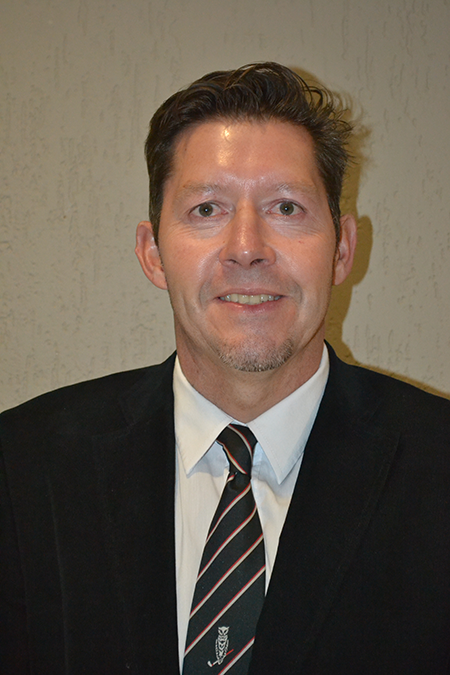According to Prof Meyer there seems to be confusion regarding concepts such as economic growth, economic development and radical economic transformation – especially as it pertains to South Africa. The term “radical economic transformation” for example has become a catchphrase (in President Jacob Zuma’s 2017 State of the Nation Address the phrase was used six times) but the ambiguous nature of the concept has South Africans – and even cabinet ministers, confused.
“These concepts are in some cases incorrectly used interchangeably and as synonyms,” says Prof Meyer. In the following opinion piece, Prof Meyer, will define the above mentioned concepts within the South African economic realm.
Economic Growth
Economic growth is a simple concept and only refers to the economic activity or output during a specific period. The growth is measured quantitatively and is also known as Gross Domestic Product GDP).
In recent years South Africa have experienced the rise of a new phenomenon known as ‘jobless growth’. In this case the country’s economic growth does not reflect any job creation during the set period. Henceforth this phenomenon is equated to exclusive growth as opposed to inclusive growth.
Economic Development
Compared to economic growth, economic development is the more comprehensive and inclusive economic goal that an economy needs to achieve. Economic development include GDP growth, as well as the creation of jobs and the improvement of the quality of life and standard of living of all residents of a country. Economic development is therefore equal to inclusive growth where the benefits of growth and wealth are positively impacting on all residents. It is within this context that radical economic transformation comes to the fore.
Economic Transformation
For economic development to take place in a country such as South Africa, structural transformation of the economy is required. This structural transformation should be drastic enough to impact the economy as such to reduce unemployment, poverty and inequality.
The types of structural transformation which is needed in South Africa - in order for economic development to take place, include:
- Fiscal and monetary reforms. With specific reference to the widening of the tax base of the country
- Political stability. The ongoing instability of the office of the President and the Ministry of Finance are hindering Foreign Direct Investment (FDI), which is urgently needed
- Labour laws and regulations should be revisited. Some of the existing laws and regulations prevent small business development and as such the creation of jobs
- Stabile government policy development. The National Development Plan (NDP) – as a strategic plan, should be implemented with immediate effect
- Human capital reform. The entire South African schooling system must be transformed to also include a specific focus on technical skills and entrepreneurship
- Infrastructure development and upkeep
- Anti-corruption measures must be put in place and implemented
- Poorly performing institutions including Parliament, the Public Protector and State Owned Industries (SOI) such as Eskom, Transnet and the SABC need to be held accountable for the impact it has on the economy
- The social welfare programme – SASSA, needs to be revisited. I has failed to successfully lift people out of poverty
- Partnerships and trust between government and the private sector need to be viewed as basic requirements for economic development
- South Africa needs an economic plan with a sectoral focus. The focus of such a plan should be on the economic base sectors which include agriculture, mining, tourism and manufacturing
With the current economic environment delivering a low growth, high inflation, volatile currency and high interest rates, South Africa urgently requires an ‘’Economic Development CODESA’’ intervention. We need policy certainty, currency stability, political leadership, law and order and land reform stability for the sake of economic survival.

Prof Danie Meyer
